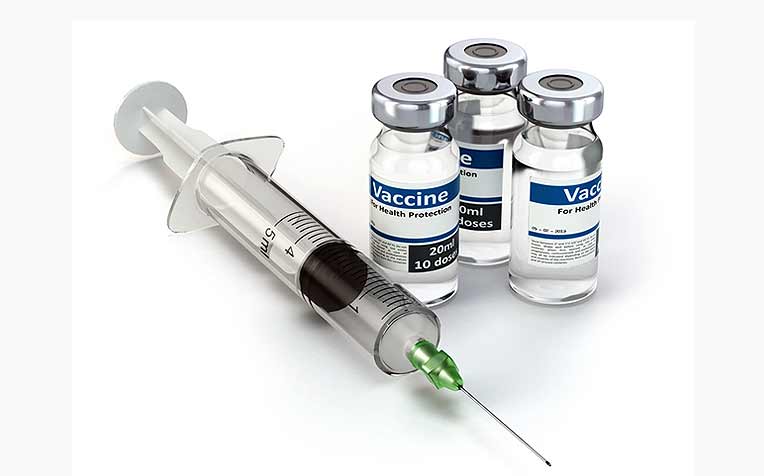
Is natural immunity better than vaccine-induced immunity or vice versa? The
Department of General Medicine at
Changi General Hospital (CGH), a member of the
SingHealth group, shares the truth about vaccines. (iStock photo)
Immunisation is one of the most effective ways of protecting yourself against diseases and preventing them from spreading. Vaccines serve to stimulate the body's own immune system to protect the person against subsequent infection or disease.
Related article:
Cold and flu (influenza) – What's the difference and how to prevent
Vaccines: Myth vs fact
Myth 1: Natural immunity is better than vaccine-induced immunity
Fact: The only way to get natural immunity is by getting infected with the disease. Natural infections can cause severe health complications and in some instances, can be fatal. On the other hand, vaccines are safe because the viruses or bacteria are inactive so they cannot cause infection.
Myth 2: Vaccines are not proven to prevent influenza
Fact: Most influenza vaccines offer immunity to the four most prevalent strains. If you get the influenza vaccine, you are about 60 per cent less likely to need treatment.
Related article:
Nasal sprays – How effective are they?
Myth 3: Vaccines received during childhood will protect you for a lifetime
Fact: The specific vaccines you need as an adult depend on your profile, lifestyle, travel plans and the vaccines you received during childhood. Some childhood vaccines may require a booster shot every few years to ensure that the level of immunity remains high.
Myth 4: Vaccines can cause autism
Fact: Researchers have conducted extensive studies over the last two decades to determine if there is a link between vaccinations and autism. None of them found any association with or likelihood of developing autism through vaccines.
Over the years, vaccines have dramatically decreased the threat of infectious diseases that were once widespread, including rabies, rubella and yellow fever. Deaths from vaccine-preventable diseases (VPDs) are now very rare in the developed world.
Today, the list of diseases that vaccines can help prevent continues to expand, and more lives are being saved and protected from potentially life-threatening diseases than ever before.
Related article:
HPV vaccine – How safe is it?
--
Articles on
HealthXchange.sg are meant for informational purposes only and cannot replace professional surgical, medical or health advice, examination, diagnosis or treatment.